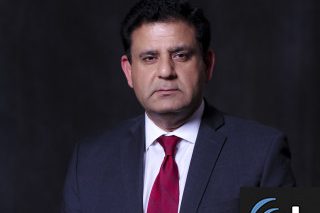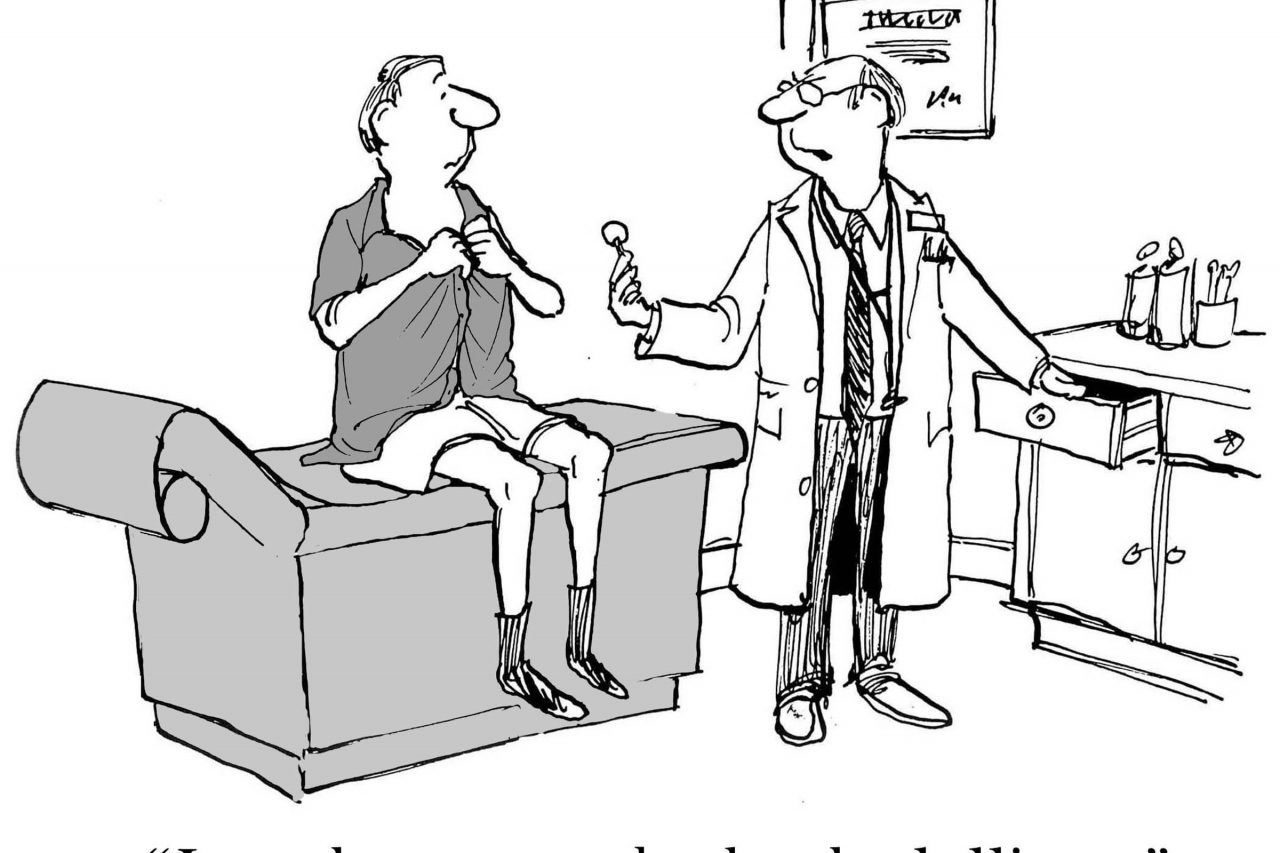It was 1:35pm when we realized that Tom was not just late for his chemotherapy treatment; he probably would not show up at all. A call from one of our staff confirmed, he had “troubles getting a ride” and wanted to move the vital therapy to another day. This was the third time in a month he had missed an appointment, thus wasting a treatment slot, nursing time and more importantly delaying critical care. He promised to come in next week.
Annette was 50 feet away, in another room, when I heard her exclaim, “I must see him now. I am certain he can fit me in!” The secretary buzzed into my office to announce that even though her appointment was for 4:00pm and it was only 11:35am, Annette “needed” to be seen at that moment to discuss her scan results, about which I had called the night before. I understand how anxious patients can get and agreed to see her, there-by losing the mid-day break I use for catching-up and grabbing a bite at my desk between keystrokes and calls. My front desk manager pointed out that in some form or another, ignoring conversations and accommodations, Annette had done this multiple times.
Our triage nurse inserted Maria into my schedule as an emergency-add-on. Maria had “discovered a tumor” in her breast and was adamant about being seen right away. Even though my schedule was packed, she refused to see our nurse practitioner, and so she was squeezed between a chemotherapy patient and a young man who was bleeding. However, there was no mass, other than a scar, which Maria admitted was unchanged. She did present a jury notice for which she needed an immediate excuse.
Four letter words, and I do not mean “love,” embellish Allan’s vernacular. Despite several interventions by our head nurse, our office manager, and me, Allan cannot limit his colorful verbiage and has reduced nurses and front desk staff to tears when frustrated by inconvenience or inconsistency. Allan is receiving successful life-saving treatment for a highly aggressive cancer and he is doing well, but he is, one-by-one, reducing my staff to cinders.
Sue spends a fortune on printer ink. Each visit she presents an inch of Internet printouts. She has seen four oncologists and half a dozen other doctors for “second” opinions. Each week there is a list of new minor or major questions and the rehash of prior decisions. We often alter her therapy to accommodate both her desires, as well was the recommendations of her stable of doctors. Our relationship is such that neither one of us trusts what the other plans.
Frankly, I do not understand Mike’s problem. He has money. He has insurance. He is intelligent and organized in his life. He understands fully his medical condition and the need for treatment. Nonetheless, whether or not he actually fills his prescriptions, he almost never takes his medication. Ours is an almost worthless relationship.
Patients leave or change doctors all the time. However, only very rarely, in the most egregious situations, will doctors leave patients. As with all patients, challenging patients deserve the best care. Physicians, with their staffs, work very hard to serve them. However, it occurs to me that we sometimes reach a critical loss of confidence. Not loss of trust of the patient in the doctor, but a lack of trust of doctor in the patient. A doctor may feel that a patient does not listen and undermines the doctor’s advice. If the patient cannot comply with the physician recommendations, if the relationship deteriorates for any number of reasons, the patient’s care is harmed. Then, if we assume that a physician’s job to help and that is not happening, perhaps the doctor has a practical and ethical responsibility to walk away.
In examples, such as the patients above, physicians usually accept the old adage, that we learn the most and become even better at our jobs by serving the most difficult cases. Therefore, we try to accommodate each patient’s needs and when those needs are extreme, we counsel, adjust and try to exercise patience. Most of the time, the relationship can be patched as the doctor’s office adjusts and patients learn the sick role. Nevertheless, sometimes, that does not happen.
There is a medical – legal issue to be recognized. Patients who do not connect well to their caregivers are more likely to get poor care, more likely to have bad outcomes and more likely, therefore, to sue. However, while that is clearly a concern for most doctors, the problem is more basic.
There is a moment where the failure of a doctor’s office to build a relationship with a particular patient results in a failure to heal. At that moment, it is the doctors responsibility, both for that patient, and other patients, and for the physician’s staff, to help that person get care elsewhere and to walk away.







14 Comments